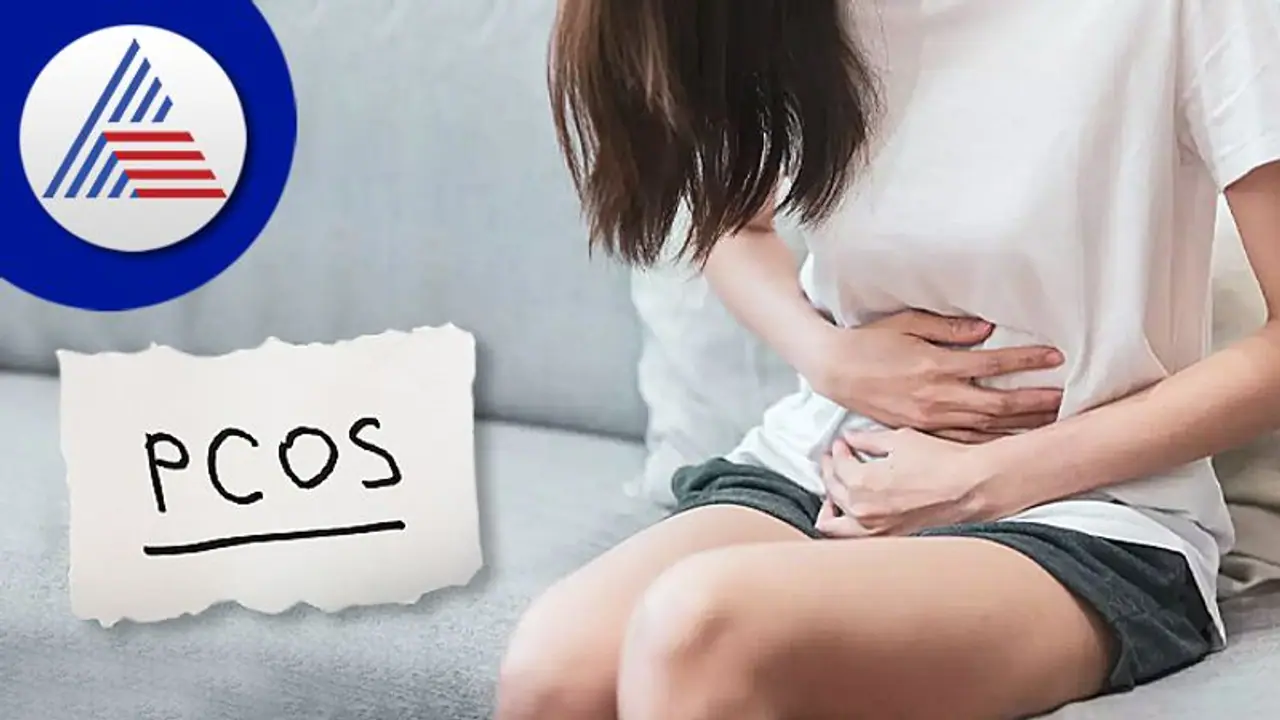Did you know, PCOS also causes hair growth on the face, body, and baldness? It can also contribute to long-term health problems like diabetes, heart disease, etc. Dr Deepak Shedde an Obstetrician-gynecologist, KMC Hospital, Mangalore, gave some insides into this problem which also causes infertility among women.
Polycystic Ovarian Disease is probably one of the most common reasons to attend a typical obstetrics and gynaecology clinic. This diagnosis often comprises more than half of all the patients who attend an infertility clinic.

Over the last 20 years, we have seen an apparent increase in the number of cases of Polycystic Ovarian Disease. This is probably related to environmental factors like inadequate exercise and poor eating habits. This lifestyle, if unchecked at the vulnerable younger age of adolescence and puberty, would likely contribute to enhancing the probability of the disease later on during her reproductive life.
The typical features of a woman with polycystic ovarian disease are weight gain, excessive hair growth over the face and some body parts, acne or oily skin, hair fall, dark pigmentation, irregular periods, and difficulty conceiving a pregnancy.
An ultrasound scan showing a classical ring of pearls on her ovaries would strongly suggest the disease. Additionally, some blood tests may help confirm the diagnosis and to rule out diabetes and thyroid dysfunction.
Also Read: Three harmful, unhealthy food items that can trigger stress in your body
What is PCOS?
By definition, Polycystic Ovarian disease is a syndrome, which means that one particular patient may not always have all the classic features of the disease. So we could have a lady who presents with infertility and irregular periods but may not have other features like acne or excessive facial hair. On the other hand, we may have a lady who presents with a normal body weight who has got excessive hair growth on the face and irregular periods. We often see women who have all the classical features of polycystic ovarian disease like obesity, irregular periods and excessive facial hair but do not experience any difficulty getting pregnant.
Cause of PCOS:
There could be many reasons for a woman to develop this polycystic ovarian disease. Common reasons could be severe long-term stress, frequent intake of hormonal medications, family history of diabetes and an excess of carbohydrates over some time. A strong family history of diabetes, especially in the father, coupled with a sedentary lifestyle with a carbohydrate-rich diet seems to be the most common presentation.
How to deal with PCOS?
The management of this disease is to take care of the primary problem. So if a woman is leading a stressful life, she should take serious efforts to change her stressful environment and undergo de-stressing therapy. If she has recently taken any hormonal tablets, she would need look at alternatives and alter her lifestyle. If she has a poor diet, a strict carbohydrate-depleted diet would definitely help. Occasionally a laparoscopically done ovarian drilling may help in select cases.
Additional significant benefits are seen with weight training exercises and yoga.
Also Read: 3 health benefits of consuming raspberries in your daily diet
Numerous nutritional and medicines are available at all pharmacies and are routinely prescribed. However, they are unlikely to be of much standalone benefit without adequate lifestyle modifications.
Prevention of PCOS
Prevention is always better than cure. The seeds of polycystic ovarian disease are often sown during puberty and adolescence. We need to ensure that our young adolescent girls are encouraged to exercise regularly. They should be allowed to get bright sunlight and fresh air. Their food should contain a reasonable proportion of vegetables, nuts and seeds. Free carbohydrates like sugar, refined flours and potatoes are to be limited. Unnecessary hormone tablets to adjust and manipulate the periods should not be done unless medically indicated.
All in all, even though this disease is a problem which can affects many lives, it is a problem which can often be managed successfully with lifestyle modifications alone and minimal medical or surgical interventions.
